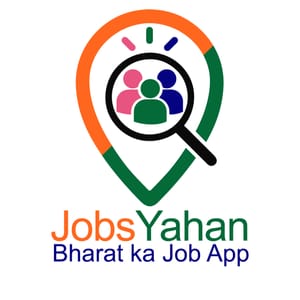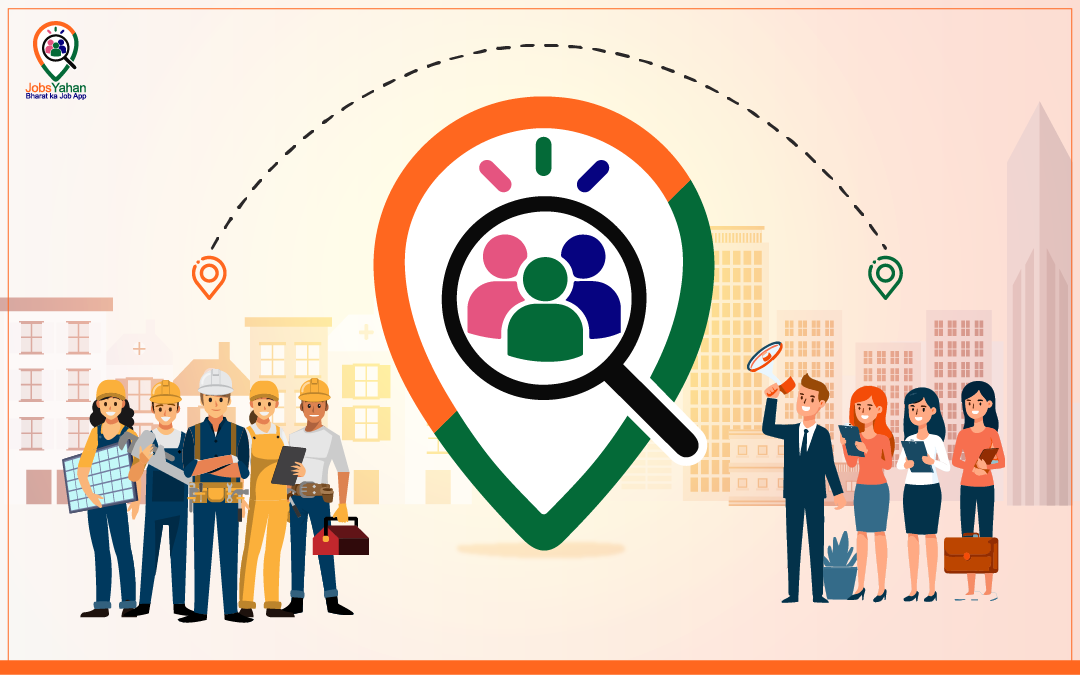In-house hiring refers to the process of hiring an individual directly done by the company in-house, while in contrast, recruitment agencies will source suitable and qualified individuals for job vacancies they are retained for.
Which is better to choose? If you are looking for broad-speed access to talent, aforementioned specifically and in detail, recruitment agencies could help a lot, as it is easier for the recruiter to find talent there. Recruitment agencies generally work in the fast lane since they possess a broad network and access to a larger talent pool.
On the other hand, you will want in-house recruitment if you prefer to be in charge of the process, take control, and have individuals with a deeper understanding of the company culture. In-house is more personal and allows you to tailor the fitting of candidates that are best suited to the company's values and atmosphere.
Should you decide to use recruitment agencies, you select the agencies that fully understand the specifics of the job, respect your time, send over the best candidates, work hand in glove with company culture, have a good track record, and have the expertise to make sure that everything works well with the client.
In-house hiring fits if you'd require having full control of finding job postings, interviews, and hiring. It can be a longer process, but it would benefit your organization. Besides, the most important thing is to find the best-suited candidate for a job irrespective of the recruitment methodology used.
They specialize in their domain, possess a wide network, and remain very fast in candidate sourcing. Because it saves time and resources in case of urgent or hard-to-fill positions, it becomes more cost-effective. Agencies would rather be able to reach out to candidates who are not looking for a job but are going to consider such a change.
Nonetheless, they can be rather expensive, and there is always a risk that the candidates put before us will not exactly fit the culture of the company or long-term goals. Since success depends on the feedback of the client with every recruitment agency, it only makes sense that you would work with your agency so that they could identify with your company's unique set of needs and values.
On the contrary, in-house recruitment also gives rise to its own set of advantages. Full control of recruitment means that parameters can be set for customized hiring controls to fit into company culture and values, thus ensuring enough fit. In reverse, however, might even lead one to an elaborately detailed evaluation considering internal recruits' probable insight into subtleties of company culture and job itself.
On the other hand, the time invested in in-house recruitment is usually very long and resource-involving; having such a team can cause slowness of the process, especially if a lot of vacancies need filling. To start with, no huge promises of settling down are to be made with thought progress.
In the end, it all boils down to how the company is with regard to its human resources: those peculiarities of the company with respect to needs, limited resources, and goals. Progressive companies might find that keeping a recruitment agency incorporated into their mainstream of in-house activities is the best hybrid solution for them.
This would enable both methods to be relied on as well, hopefully finding some common ground for the best way to build your team. A recruitment strategy may differ in its blueprint; every hiring strategy will have as its core purpose the acquisition of the best match for all your requirements among the best available candidates according to company values.
It allows for the company to have complete control over the recruitment processes, ensuring that hiring parameters are set to fit within company culture and values, thus really ensuring a lot of fit. This way, on the other hand, could also lead toward more in-depth assessment, as perhaps one more internal recruit knows what the subtleties of company culture and of the job itself are.
However, in-house recruitment is generally very time-wasting and resource-intensive and r the availability of a dedicated recruiting team; it can also slow down the process especially if you have multiple vacancies to fill.
At the end of the day, the most bulky aspect of the equation is that it is relative to your company-specific situation regarding human resources: its unique needs, limited resources, and goals. Forward companies would find that the best solution is a hybrid solution. Appropriate ones would maintain the involvement of recruitment agencies to manage some internal recruitment while others could be handled in-house.
This balancing act, after all, would really depend on the combination of methods and their flexibility in trying various permutations that will give the best result in hiring. Having this kind of awareness is what makes the proposition of success and progress in your organization in the long haul towards excellence and team growth unique.
Important Points
In-house Hiring:
Full Control: Allows for oversight of the entire hiring process.
Deep Cultural Fit: Ensures candidates fit the organisation values and culture well.
Bespoke Approach: Allows tailored recruitment approaches that can satisfy special requirements.
In-depth Company Knowledge: Internal recruiters understand the company's requirements and dynamics.
Cost-Effective: A good means to save money from the agencies' fees but might also absorb more internal resources.
Longer Process: It can lengthen the hiring process and absorb lots of time from HR resources.
Recruitment Agencies:
Broader Talent Pool: Job agencies also function with a wider candidate network, tapping into passive job seekers.
Speed and Efficiency: The process is faster since the agency has more means and expertise at its disposal.
Specialized Expertise: Agencies have specialized knowledge in certain industries or roles.
Reduced Workload: Frees up internal resources, enabling the company to focus on other areas.
Higher Cost: Much is paid to have their agency fees, which could be harsh on the pocket.
Possible Cultural Misfit: Candidates may not be closely aligned with the needed company culture if the agency does not understand it.
JobsYahan is an intuitive web and mobile-based platform designed to streamline the employment process for India's workforce. Tailored specifically for skilled, semi-skilled, and unskilled workers, it offers a vernacular and location-based approach to job searching and recruitment.







